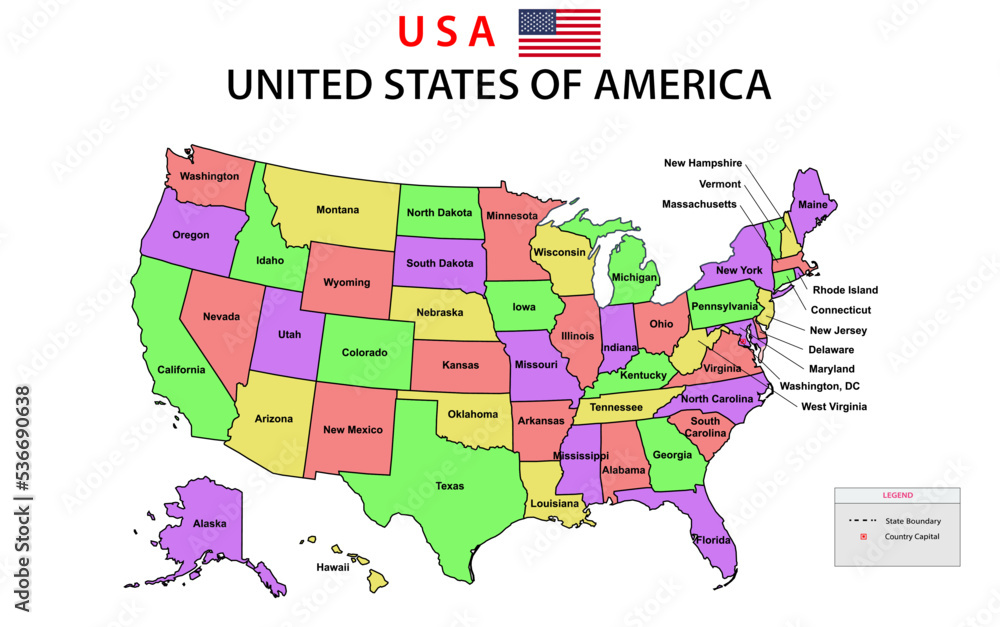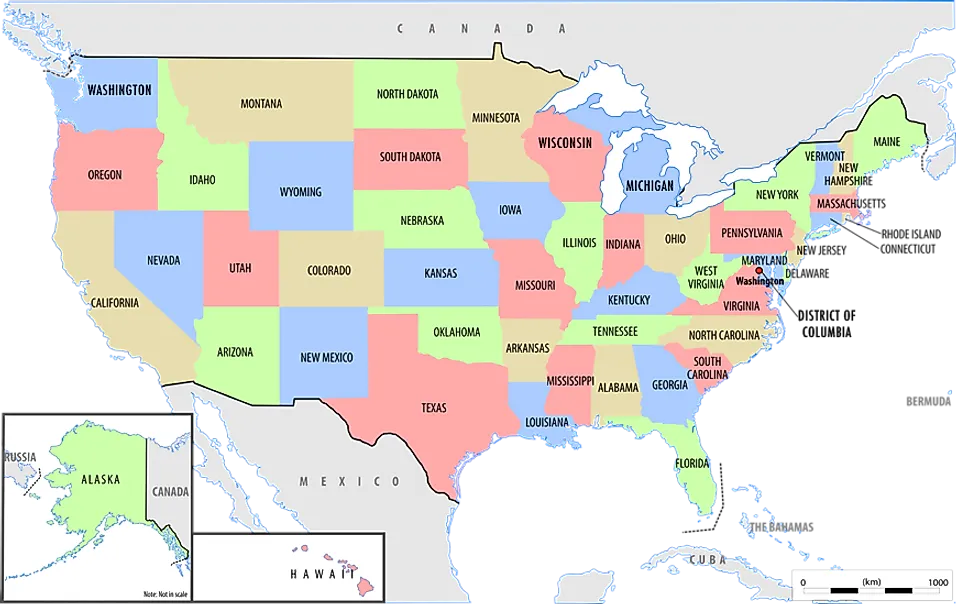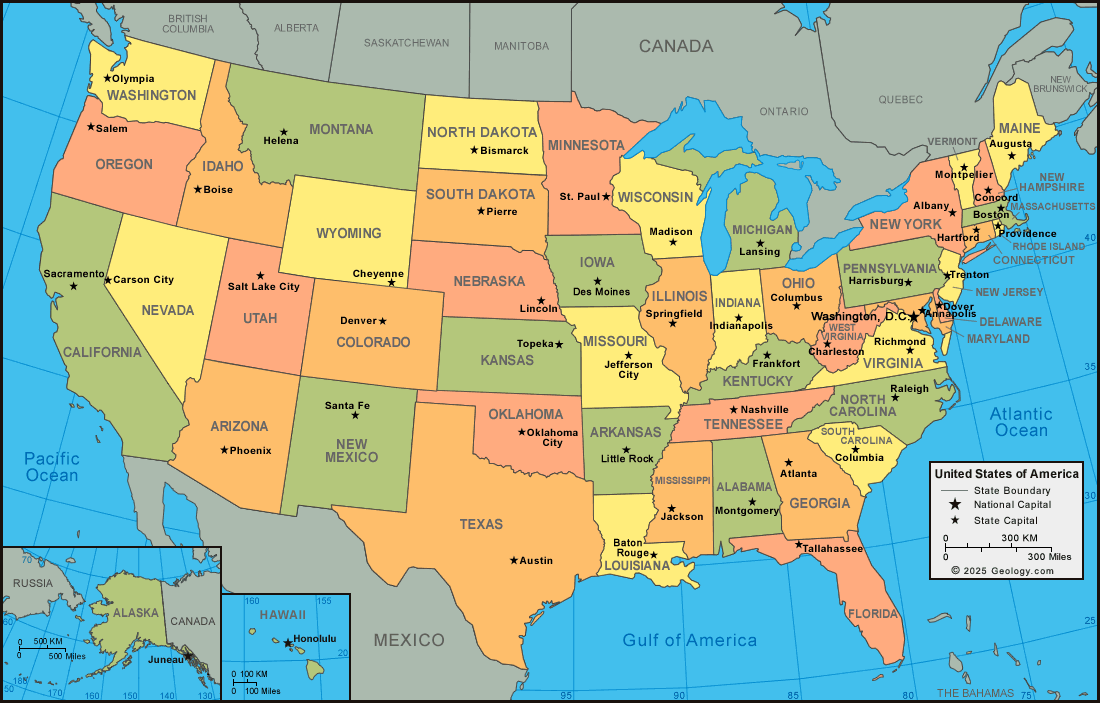Understanding US Marshal Education Requirements: Your Path To Federal Law Enforcement
Thinking about a career that truly makes a difference, perhaps one with a lot of responsibility and real impact? You know, the kind of job where you help keep communities safe and uphold justice? Well, becoming a US Marshal might be something you've considered. It's a pretty big step, and people often wonder just what it takes to get there, especially when it comes to what you need to study or learn.
A lot of folks are curious about the specific schooling and background that sets you up for this important role. It's not just about wanting to help, you see; there are some very clear guidelines about what kind of preparation is needed. This article will help clear up some of those questions, giving you a good idea of the path ahead.
We'll talk about the typical educational paths, what kind of work experience might count, and even some of the other things that are just as important as your school grades. So, if you're picturing yourself in this demanding but rewarding position, keep reading to get a clearer picture of the us marshal education requirements and other things that matter.
Table of Contents
- Basic Qualifications for a Marshal Role
- The Education Piece: What Degrees Help?
- Other Important Skills and Attributes
- The Physical Side of Things
- The Training Academy Experience
- Getting Ready for the Application Process
- Common Questions About Becoming a US Marshal
Basic Qualifications for a Marshal Role
Before we even get into what you need to study, there are some very basic things you have to meet to even be considered for a US Marshal position. These are pretty standard for federal law enforcement jobs, you know? For one, you absolutely have to be a citizen of the United States. That's a definite must, frankly.
Then there's the age part. You typically need to be at least 21 years old when you apply, and you can't be older than 36 when you get hired, in most cases. There are some exceptions for veterans, but that's the general rule. So, it's a career you usually start earlier in your working life.
You also need a valid driver's license, and you can't have any serious criminal history. They do a very thorough background check, which makes a lot of sense, really. They're looking for people with good judgment and a clean record, which is pretty much expected for a job like this, isn't it?
And, naturally, you have to be able to get a top-secret security clearance. This means they'll look into your past quite a bit, making sure you're trustworthy and reliable. It's a big part of the process, and something to keep in mind from the start, you know.
The Education Piece: What Degrees Help?
Now, let's talk about the schooling. The US Marshal Service usually looks for candidates who have a bachelor's degree. This is pretty much the standard educational expectation, so you know, a four-year college degree is a good thing to have. It shows you can learn, think critically, and stick with something for a while, too it's almost.
What kind of degree, you might ask? Well, they're often pretty open about the specific subject. While a degree in criminal justice or law enforcement is certainly helpful and often popular, it's not the only way to go. Degrees in things like psychology, sociology, public administration, or even business can be perfectly fine.
The main idea is that you've completed a good amount of higher education. This helps show that you have a solid foundation in learning and problem-solving. It's about having that general academic background, rather than one very specific field, sometimes anyway.
They are looking for people who have developed good research skills, can write clearly, and are able to analyze situations. These are all things you pick up during a college education, no matter the major, pretty much. So, think about what you enjoy learning, as long as it leads to that four-year paper.
Four-Year Degree Paths
When thinking about a four-year degree, many people naturally lean towards criminal justice. This kind of program usually covers things like criminal law, procedures, criminology, and perhaps even some forensic science. It's a pretty direct path, and it can give you a good grounding in the legal system, which is useful, obviously.
However, a degree in something like psychology can also be really beneficial. Understanding human behavior, motivations, and how people interact can be a huge asset in law enforcement work. It helps with interviewing, de-escalation, and generally dealing with a lot of different people in various situations, you know.
Public administration degrees are another good option. These programs often focus on how government agencies work, policy-making, and organizational management. This knowledge can be very practical for a federal job where you're part of a larger system. It helps you understand the bigger picture, so to speak.
Even a degree in something like accounting or finance can be useful, especially if you're interested in roles that involve financial investigations or white-collar crime. The point is, a wide variety of academic backgrounds can be valuable. It’s more about the skills you gain through the learning process, which is pretty much true for many jobs.
Experience Instead of a Degree
Now, what if you don't have a four-year degree? Don't worry, there might still be a path for you. The US Marshal Service sometimes considers relevant work experience in place of a bachelor's degree. This is usually for people who have a good amount of specialized experience, you see.
For example, if you've served in the military, especially in a role that involved law enforcement, security, or combat, that experience can be highly valued. They often look for three years of progressively responsible experience. This means your duties got more complex or important over time, you know?
Similarly, if you've worked in another law enforcement agency, like a police department or a sheriff's office, that professional experience can also count. They're looking for people who already have a good grasp of law enforcement principles and practices, and who have shown they can handle the responsibilities.
The key here is that the experience needs to be directly related to the kind of work a US Marshal does. It's not just any job, but one that has given you relevant skills and knowledge. So, if you've been working in a field like that, it's worth looking into how your experience might fit the bill, apparently.
Other Important Skills and Attributes
Beyond the formal education or work history, there are a lot of other qualities that are super important for a US Marshal. These aren't things you necessarily get a certificate for, but they're absolutely essential for the job. For instance, having really good communication skills is a must, basically.
You'll need to talk to a lot of different people, from victims and witnesses to suspects and other law enforcement officials. Being able to listen well, speak clearly, and write reports effectively is vital. It's about getting your message across and understanding others, which is pretty much always a good thing.
Problem-solving abilities are also huge. Marshals often face complex situations that require quick thinking and smart decisions under pressure. You need to be able to assess a situation, figure out what needs to be done, and then act decisively. It's not always straightforward, so you know, that analytical mind helps.
Integrity and a strong moral compass are absolutely critical. US Marshals are entrusted with a lot of power and responsibility, so they need to be people who always do the right thing, even when no one is watching. Honesty and trustworthiness are non-negotiable, honestly.
And, you know, being able to work as part of a team is also really important. Marshals often work with other agents, local police, and different federal agencies. Being a good team player, someone who can cooperate and contribute, makes a big difference. It's about collaboration, pretty much.
The Physical Side of Things
It's not all about what's in your head; your physical condition plays a very big part in becoming a US Marshal, too. This job can be really demanding, physically speaking, so you have to be in excellent shape. They will test you on this, absolutely.
There's a physical fitness test that you have to pass. This usually includes things like running, sit-ups, and push-ups. It's designed to make sure you have the stamina and strength to handle the physical challenges of the job, which can be quite intense, you know.
Beyond the initial test, you need to maintain that level of fitness throughout your career. Marshals might have to chase suspects, carry heavy gear, or work long hours in tough conditions. So, staying fit isn't just a hurdle to clear; it's a continuous requirement, pretty much.
They also conduct a thorough medical examination. This is to ensure you don't have any medical conditions that would prevent you from safely performing the duties of a Marshal. It's for your safety and the safety of others, really. Eyesight, hearing, and overall health are all checked, obviously.
And, as you might expect, there's a psychological evaluation. This is to make sure you're mentally prepared for the stresses and challenges of the job. They want to know you can handle high-pressure situations, deal with difficult people, and make sound judgments under stress. It's a pretty serious part of the whole process.
The Training Academy Experience
Once you've met all the initial requirements and made it through the application process, the next big step is the US Marshals Service Basic Training Academy. This isn't just a few weeks; it's a pretty intense and comprehensive program that lasts for several months, typically at the Federal Law Enforcement Training Center, you know.
During your time at the academy, you'll learn a huge range of skills that are absolutely vital for the job. This includes things like firearms proficiency, defensive tactics, physical training, and emergency vehicle operations. It's very hands-on and practical, you see.
You'll also get a deep dive into federal law, constitutional law, and the specific duties of a US Marshal. They cover everything from fugitive apprehension and witness protection to judicial security and asset forfeiture. It's a lot of information to take in, honestly.
The academy is designed to be very challenging, both physically and mentally. It pushes you to your limits, helping you build resilience, discipline, and teamwork. It's where you really start to feel like a Marshal, learning to rely on your colleagues and develop those critical instincts, which is pretty much how they train all federal agents.
Graduating from the academy is a huge achievement and means you're ready to start your career as a Deputy US Marshal. It's the culmination of all that hard work and preparation, a very important step indeed, so it's almost the final hurdle before active duty.
Getting Ready for the Application Process
So, you've got a good idea of the us marshal education requirements and other things they look for. Now, how do you actually go about applying? Well, the process can be quite long and thorough, which makes sense for such an important role. It's not a quick thing, by the way.
You'll typically start by looking for job announcements on the official government employment websites. These postings will have the most current and specific requirements, so it's always best to check those directly. They change from time to time, so staying updated is smart, you know.
Prepare your resume and application materials very carefully. Make sure you highlight how your education, experience, and skills match what they're looking for. Don't be shy about showing how you meet their criteria, honestly. Every detail matters, pretty much.
If you get past the initial application, you'll go through a series of tests and interviews. This can include written exams, structured interviews, and the physical and psychological evaluations we talked about. Each step is a chance for them to get to know you better and see if you're a good fit, apparently.
The background investigation is probably the most extensive part. They'll talk to your references, past employers, and even your neighbors. They're trying to get a complete picture of who you are and whether you can be trusted with the responsibilities of a Marshal. It's a very detailed look into your life, actually.
Staying persistent and patient throughout this whole process is key. It can take a while from the moment you apply to the day you might get hired, but for a career like this, it's definitely worth the effort, in a way. You can find more official details about careers with the US Marshals Service by visiting their official website, for example, at https://www.usmarshals.gov/careers.
Common Questions About Becoming a US Marshal
Do you need a college degree to be a US Marshal?
Yes, usually a four-year bachelor's degree is what they look for. However, they can sometimes accept a certain amount of specialized work experience, like military service or prior law enforcement roles, in place of a degree. It just depends on your background, you know.
What is the age limit to become a US Marshal?
Most applicants need to be at least 21 years old and generally cannot be older than 36 when they are appointed. There can be some exceptions for those with prior federal law enforcement experience or military service, so it's not a hard rule for everyone, you see.
What kind of training do US Marshals go through?
Once hired, new Marshals attend a very demanding basic training academy at the Federal Law Enforcement Training Center. This training covers everything from firearms and physical fitness to federal law and specific Marshal duties like fugitive apprehension. It's a long and intense program, pretty much.

USA Map. Political map of the United States of America. US Map with

Mapas de Estados Unidos - Atlas del Mundo

Map Of Usa With Capitals And Major Cities - United States Map